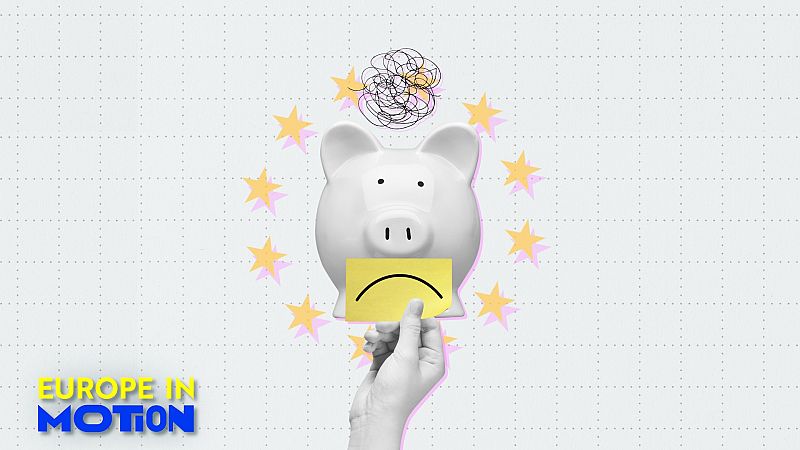Amid severe mental health strains, how are EU countries responding?

One in five adults across OECD and EU countries experiences mild-to-moderate depressive symptoms, according to the OECD's Mental Health Promotion and Prevention report.
The symptoms often go unrecognised and untreated, increasing the risk of progression to more severe conditions and raising overall societal costs.
Czechia, Hungary, Ireland, Italy, Luxembourg, and Portugal report a higher prevalence of moderate or severe depressive symptoms among native-born individuals.
Women are more vulnerable to mental illnesses during turning point events, such as pregnancy and postpartum.
The prevalence of postpartum depression was estimated at 16.6% for Central-Eastern Europe, 16.3% for Southern Europe, and 13.8% for Northern Europe, according to the study.
The total cost of mental health problems was estimated at 4% of GDP across the 27 EU countries and the UK in 2015.
The medical cost of treating mental illnesses may be as much as 20 times higher, depending on the level of severity.
A German study found that in 2019, the six-month treatment cost of mental disorders was estimated at €511 for mild symptoms, €2,417 for moderate symptoms, and €10,485 for severe symptoms.
The cost of treatment, travelling long distances, and waiting times to see a medical professional are major barriers for people seeking help for mental health issues.
On average, two-thirds of individuals who need mental health care are estimated to lack access to treatment in OECD countries and the 27 EU member states.
Mental health initiatives across the EU
However, some EU countries have initiatives for access to mental health support that can reduce the severity and duration of symptoms by up to 87%.
By the end of 2023, 14 out of 27 member states had mental health services that can be accessed directly without referral at the national or regional level.
For example, the Netherlands has created youth walk-in centres, such as the programme @Ease, which trains students and front-line professionals to help young adults with mental distress.
Meanwhile, in Belgium, there has been a reduction in access barriers by reimbursing the cost of psychological therapy either in part or in full, as well as the establishment of networks for mental health professionals across schools, workplaces, and social services.
These interventions have resulted in a rise in school attendance and reduced work absenteeism, with reported gains ranging from 50% to 61%.
Some other examples are post-partum depression screenings in Poland and online tools in Germany.
Today

